Europe
Some of Europe’s most famous leaders govern in the early modern period. Napoleon, Peter the Great, and Charles XII change and challenge Europe. Religion and religious ideas are transformed as new ideas move across Europe developing science, economics and culture, all of which are covered in this section. Read more
Sort by:
Date (Newest first) | Title A-Z
Show:
All |
Articles |
Podcasts |
Multipage Articles
-

Lord Rochester's Grand Tour 1661 - 1664
ArticleClick to view -
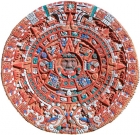
Culture Shock: The Arrival of the Conquistadores in Aztec Mexico
ArticleClick to view -
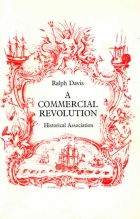
A Commercial Revolution
ArticleClick to view -
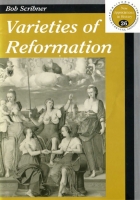
Varieties of Reformation
ArticleClick to view -
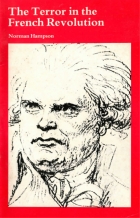
The Terror in the French Revolution
ArticleClick to view -
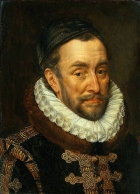
William the Silent and the Revolt of the Netherlands
ArticleClick to view -
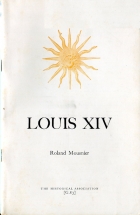
Louis XIV
ArticleClick to view -

Peter the Great
ArticleClick to view -
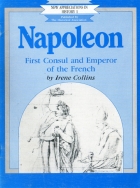
Napoleon: First Consul and Emperor of the French
ArticleClick to view -
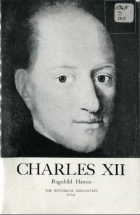
Charles XII
ArticleClick to view -
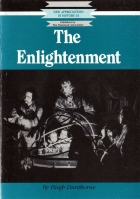
The Enlightenment
ArticleClick to view -
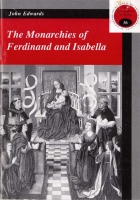
The Monarchies of Ferdinand and Isabella
ArticleClick to view -
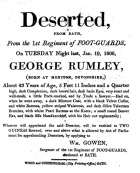
Wellington's Soldiers in the Napoleonic Wars
ArticleClick to view -

Popular revolt and the rise of early modern states
ArticleClick to view -
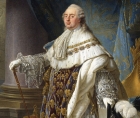
France during the reign of Louis XVI
ArticleClick to view -

The Last Duke of Lorraine
ArticleClick to view -
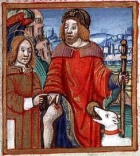
The Spanish Collection
ArticleClick to view -
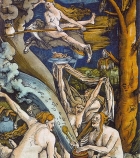
Why did regional variations exist in the prosecution of witches between 1580-1650
ArticleClick to view -

Hungarian Nationalism in International Context
ArticleClick to view -

William the Silent: the first tolerant Prince
ArticleClick to view

